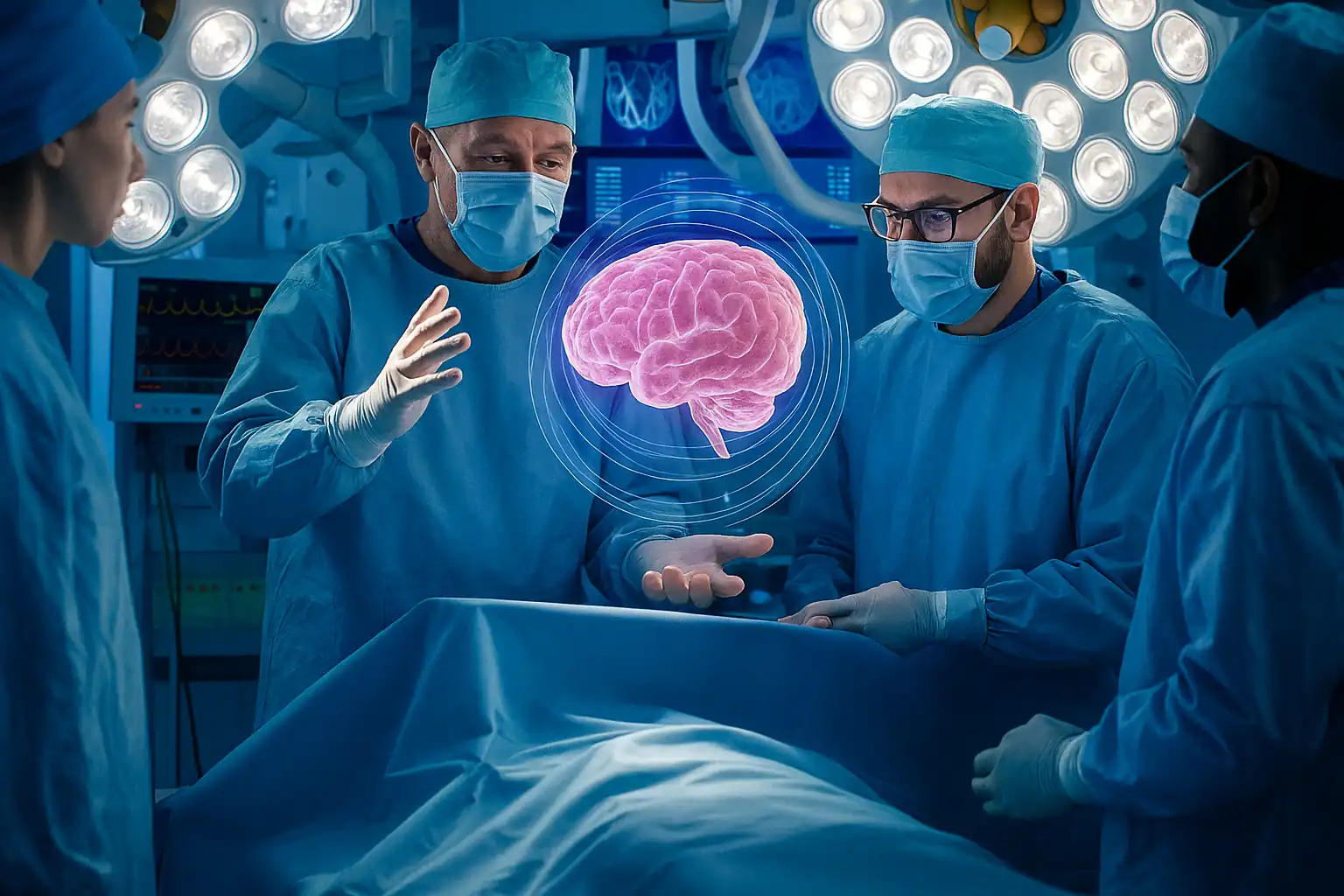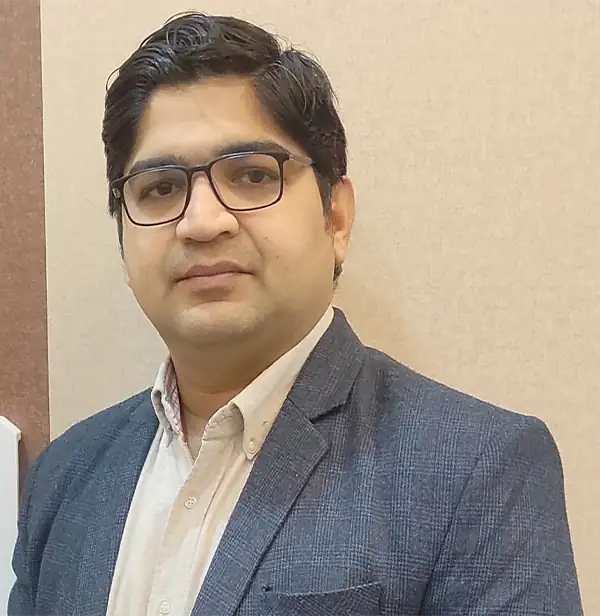
Neurosurgery?
Neurosurgery is a specialized branch of medicine focused on the surgical treatment of disorders affecting the brain, spine, and peripheral nerves. Neurosurgeons are highly trained professionals who diagnose and manage a wide range of neurological conditions through both surgical and non-surgical methods.
While brain surgery is one of the most complex and delicate aspects of neurosurgery—often involving treatment for tumors, trauma, and neurological diseases—the field also extends far beyond the brain. Neurosurgeons commonly perform procedures for spinal conditions such as herniated discs, spinal stenosis, and spinal injuries, as well as interventions involving nerve compression and congenital abnormalities.
When to Consult a Neurosurgeon?
If you are experiencing persistent or worsening symptoms such as severe headaches, seizures, memory loss, dizziness, numbness, or difficulty with movement and coordination, it may be time to consult a neurosurgeon. These could be signs of underlying neurological conditions that require expert evaluation. Early diagnosis and timely surgical intervention can make a significant difference in patient recovery and long-term outcomes.
At Goyal City Hospital, Agra, our highly qualified neurosurgeons are equipped with cutting-edge technology and extensive experience to diagnose and treat a wide range of brain, spine, and nerve-related conditions. From complex brain surgeries to minimally invasive spine procedures, our team provides personalized, advanced care to help you get back to living a healthy and active life.
Prevention and Lifestyle Tips
While not all conditions requiring neurosurgery can be prevented, certain lifestyle changes can reduce the risk of neurological disorders:

